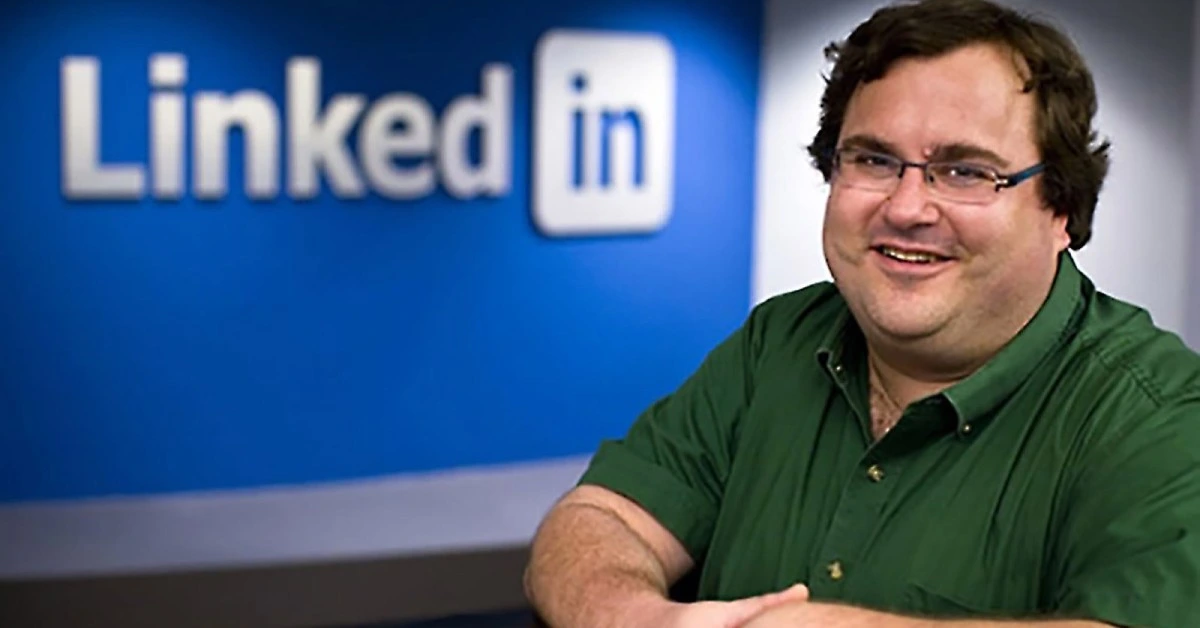
USA – Reid Hoffman, the tech investor, and LinkedIn co-founder, has partnered with renowned cancer researcher Siddhartha Mukherjee to launch Manas AI, a cutting-edge artificial intelligence (AI) startup focused on drug discovery.
The venture begins with US $24.6 million in initial funding and aims to transform the therapeutic development pipeline, covering everything from target identification to clinical trials.
Initially, Manas AI will concentrate on developing treatments for breast cancer, prostate cancer, and lymphoma.
Over time, the company plans to expand its scope to address other illnesses, including autoimmune diseases and rare conditions.
By harnessing AI, Manas AI seeks to accelerate drug discovery and improve outcomes across a wide range of medical challenges.
In a blog post on Monday, Mukherjee and Hoffman highlighted the vision behind Manas AI: “Picture Nobel laureates, National Academy members, and pioneering researchers who’ve dedicated their lives to understanding disease working hand-in-hand with advanced AI systems, exploring chemical spaces and analyzing molecular interactions at speeds 100 times faster than traditional methods. These brilliant minds aren’t being replaced by AI — they’re being empowered by it.”
Manas AI plans to generate chemical libraries and apply AI filters to identify promising therapeutic candidates.
The company will also use AI to perform molecular docking at speeds far exceeding traditional methods and map the fundamental “rules” of drug binding. These innovations are expected to drastically accelerate the drug discovery process.
The seed round was led by General Catalyst, with Ken Frazier, chairman of health assurance initiatives at General Catalyst and former chairman and CEO of Merck, expressing his optimism: “Manas AI has the potential to compress the timeline to discovery of effective drug candidates while increasing the likelihood of success in clinical trials.
This is a unique opportunity to dramatically change the drug discovery landscape and make a positive impact on billions of people around the world.”
The rise of AI in drug discovery has been seen as a game-changer for the healthcare industry. The technology promises to improve not only drug discovery but also diagnostics and patient care.
However, challenges remain, such as the need for further development, public acceptance, and robust regulation.
As AI continues to make strides in the pharmaceutical industry, Demis Hassabis, CEO of Google DeepMind, recently predicted that pharmaceutical drugs designed by AI could be in clinical trials by the end of the year.
XRP HEALTHCARE L.L.C | License Number: 2312867.01 | Dubai | © Copyright 2025 | All Rights Reserved